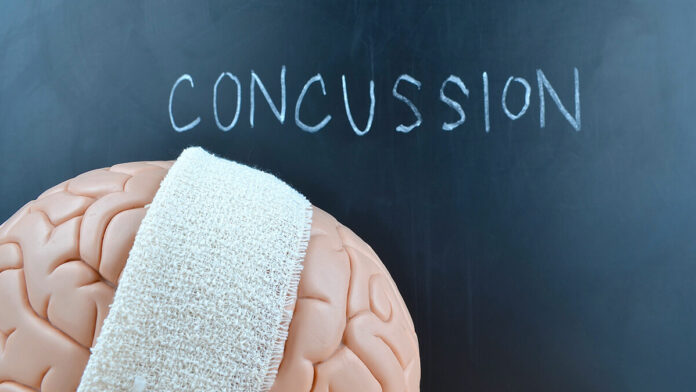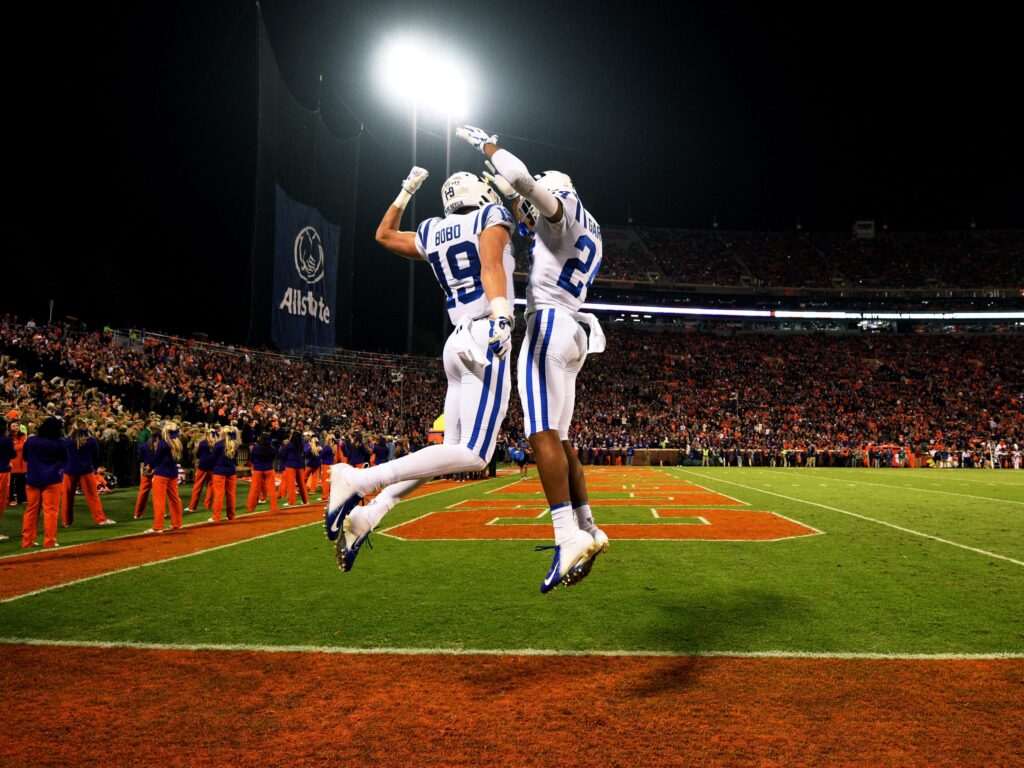
People have to deal with concussions pretty often. Several things can cause them, and they can range from mild to severe. Doctors don’t usually think of concussions as life-threatening events, but you still need to take them seriously.
In this article, we’ll speak about some of the more common concussion symptoms. We’ll also talk about some ways they happen so you can be on the lookout and know when to seek medical help.
The Most Common Mild Concussion Symptoms

As the Gomez Trial Attorney website notes, “the symptoms of a “mild” concussion can vary in their type and severity.” They might include:
- Headaches
- Vomiting or nausea
- Fatigue or drowsiness
You might also experience confusion regarding what’s happening to you at that moment. You may experience dizziness and have equilibrium issues. Your ears might ring, which doctors call tinnitus.
You may have temporary short-term amnesia, especially about the incident that was the concussion’s cause. If you have long-term memory loss, that indicates a more severe injury.
You also might suffer temporary consciousness loss. You’ll probably be out for a few seconds or a couple of minutes. Longer consciousness loss probably means a worse injury.
These are all associated with concussions, but you need to get a doctor to examine you if you feel any of these. They can tell for sure if it is a concussion or simply a headache and if it is, how dangerous it may be. Usually, concussions aren’t fatal, but you need to respond immediately and prevent any consequences that may ensue.
What Are Some Common Ways They Happen?

As for how you might suffer a concussion, there are several possibilities. For instance:
- You might have a hard collision while playing sports
- You may fall and hit your head on the ground
- You might be in a violent assault where someone strikes you in the head
Maybe you’re walking, and a vehicle strikes you. If you fall and hit your head on the ground, there’s a concussion possibility. The same might happen if you’re on a bike and a car hits you. These situations aren’t as rare as you might think – they happen daily. Therefore, you need to be careful and aware of your surroundings in order to avoid concussions.
You can get a concussion from car accidents where you’re driving or in the passenger seat or the backseat. Perhaps a car rear-ends your vehicle, and you strike your head on the dashboard. Concussions occur more in multiple-vehicle car accidents or high-speed ones.
In short, a concussion is possible anytime you hit your head. The harder you strike it, the more likely one is, though that’s hardly the only kind of head injury you can sustain.
What Can You Do to Prevent Them?

At this point, you might wonder about prevention tactics. No one wants to sustain a concussion, and there are definitely particular things you can do, so they’re less likely.
You can avoid contact sports like football, rugby, or boxing. They’re fun, but also dangerous. If you play them, you accept some concussion risk. If you do decide to play such sports, make sure you wear protective gear. Even with it, concussions are likely to happen, but you minimize the chances significantly.
You can play non-contact sports like tennis instead. You can take up jogging or swimming. Concussions from these pursuits are far less likely and yet you remain active and in shape. You will discover that such sports are just as fun as contact sports mentioned above.
If you are into team sports in particular, or you like to contact, make sure to select basketball or soccer. Although there’s some contact in these sports, concussions aren’t that common since you are trying to avoid the opponents and not directly hit them.
You can also change your behavior in traffic.
You can wear a helmet if you go for a bike ride. You can also drive the speed limit and obey all traffic laws. You can’t control what other drivers do on the road, but you can at least control yourself and this is the catch. If everyone is conscious about their own behavior in traffic, the number of accidents would be reduced significantly.
You can also watch out for dangerous conditions around you. Concussions sometimes happen because a person fails to notice what’s nearby. If you’re not watching your surroundings, you can get in an accident, such as a slip-and-fall.
What Should You Do if You Suspect One?

If you hit your head in an accident, you should try to assess your feelings immediately afterward. If you lost consciousness, even for a brief period, you should definitely seek medical attention. If you’re dizzy or experience any of the other symptoms we mentioned earlier, you should head for the hospital or an urgent care facility.
Don’t drive yourself to seek treatment. Instead, get someone else to drive you, or call for an ambulance.
You probably shouldn’t take public transportation unless you have no alternative. It will likely take too long to get you there, and you should see a doctor as quickly as possible.
You can survive most concussions, even the more severe ones. You need to exercise care with head injuries, though. You might think you’re okay in the moment, but you might have something like intracranial bleeding going on and not have any awareness of it.
If you sustain multiple concussions in your life, that’s when doctors worry about you more. CTE comes from numerous concussions, and that’s much worse. Many former football players with CTE have suffered greatly, with personality changes, depression, and long-term memory loss.
If you follow the guidelines we laid out, you should be okay. If you live carefully, then concussions usually only occur in occasional, freak accidents.








